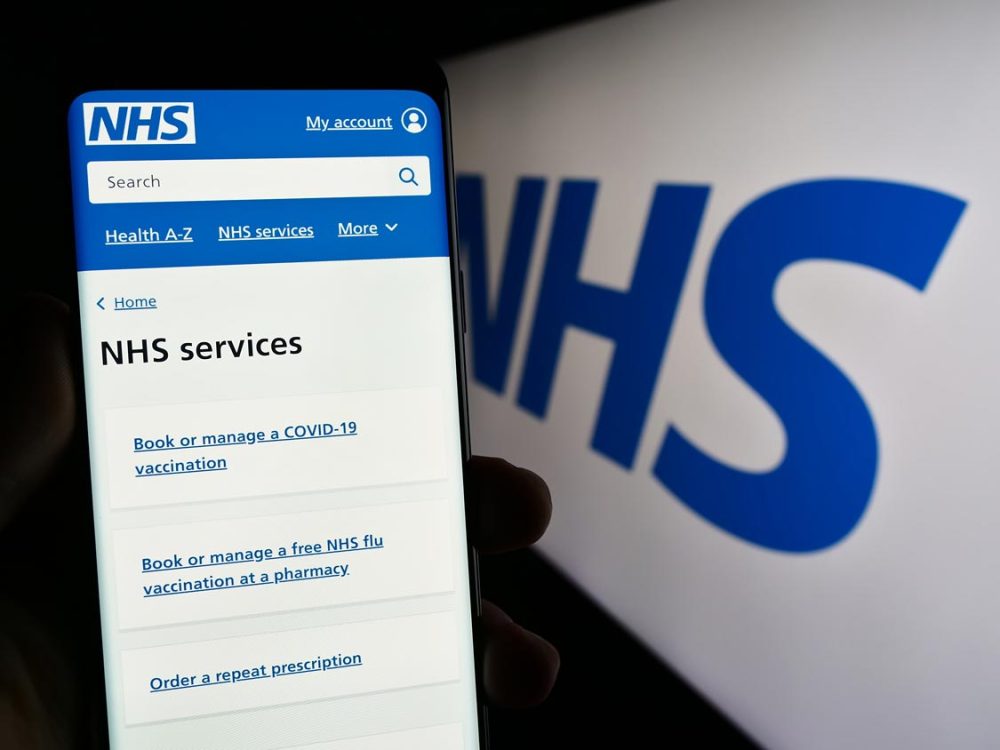Advertisment
NHS’s relentless focus on finance and productivity is failing patient safety

“The NHS’s relentless focus on finance and productivity is failing patient safety,” argues patient safety commissioner Henrietta Hughes in an interview for The BMJ today.
“The patient’s anecdote is the canary in the coal mine,” she says. It’s the thing that tells us there’s something going wrong. But too often we hear about patients who have raised concerns being gaslighted, dismissed, and fobbed off.”
Hughes, a GP and former medical director at NHS England, became England’s first independent patient safety commissioner in September 2022.
The job was created after a recommendation in a 2020 review which looked into three devastating medical scandals: hormone pregnancy tests that are thought to be associated with birth defects and miscarriages; sodium valproate, an antiepileptic drug that can cause birth defects when taken by pregnant women; and pelvic mesh implants, which have been linked to crippling complications.
Too often, patients raising concerns were passed off as “difficult women,” says Hughes. “It shows a very dismissive and very old fashioned, patronising attitude to patients who have identified problems and need to have their voices heard.”
The three strands of work that Hughes is currently focusing on are: developing a safety management system, including an overhaul of the complaints process and clinical negligence; embedding patient safety and the patient voice throughout the healthcare system; and ensuring that patients’ voices are heard in their own healthcare.
But while some of this work is leading directly to change, other victims of patient harm are still waiting for justice.
For example, Hughes points out that three children a month are still born to mothers who are taking sodium valproate, despite the longstanding knowledge about the harm it can cause. She blames this on the “disjointed nature of primary and secondary care, community care systems not talking to each other, and patients falling between the cracks.”
NHS trusts that actively listen to patients are more likely to get it right when it comes to supporting their staff too, says Hughes, while organisations that work alongside providers, such as commissioners and regulators, also have a critical role to play in improving culture.
Hughes reflects that she’s “swimming against the tide” when it comes to making a lasting cultural change, but concludes: “The relentless focus on productivity, finance, and performance is really missing a huge opportunity to start with patients and start with safety.”





